REFRACTIVE VISION SPECIALIST & MEDICAL VITREO-RETINAL FELLOW
Born and raised amidst the natural beauty of Hawaii, Dr. Kellen Kashiwa brings a deeply rooted local perspective to his practice at the Eye Center of Hawaii. With over twelve years of dedicated service as an optometrist at ECH, Dr. Kashiwa is a cornerstone of the community’s ocular health sector.
Dr. Kashiwa graduated with a Doctor of Optometry Degree from the Pacific University College of Optometry in Oregon. His academic focus was on low vision and retinal diseases, equipping him with specialized expertise in managing visual impairments that conventional methods cannot correct. His training encompasses the comprehensive examination and treatment planning for patients requiring tailored visual aids.
Prior to joining the Eye Center of Hawai’i, Dr. Kashiwa honed his skills at the Retina Institute of Hawaii, where he served as a technician and diagnostic photographer from 2008 to 2009. His international experience includes internships in Japan and China, enhancing his clinical skills with a global perspective.
Dr. Kashiwa is also committed to humanitarian efforts, having treated over 5000 patients in optometric missions across the Philippines, Peru, Nicaragua, Thailand, and Tanzania. In his spare time he does volunteer keiki vision assessment at homeless shelters and free diabetic retinal screenings throughout Hawaii. His dedication to improving vision transcends borders, making him not only a valued local optometrist but also a global vision care advocate.
Dr. Kashiwa is a clinical professor at Pacific University College of Optometry and University of Missouri College of Optometry. He has given lectures on topics including dry eye disease and sports vision therapy and consults with contact lens companies on sports training technologies. He also works with our local athletes to improve their vision including University of Hawaii athletics, MLB, NFL, and UFC athletes.
Dr. Kashiwa’s approach to eye care is informed by a blend of advanced medical training and a profound connection to his local roots, making him a trusted healthcare provider and community leader in Hawai’i.



You shouldn't live with cloudy, fading vision. Our offices across the islands have all the technology, trained staff and experienced surgeons to bring your vision into focus with advanced, laser cataract surgery. Call us today at 808-955-0255 to schedule your exam.
#cataractsurgery #HawaiiHealth #visioncorrection #hawaiieyecare ... See MoreSee Less
0 CommentsComment on Facebook
Whether it's macular degeneration or cataracts or a simple eye exam, you can find the most advanced care at our offices across the islands. Mahalo, David, for taking the time to tell about your experience with Dr. Miller and our Kona team while they took care of your macular degeneration. We take care of our patients like they are 'ohana.
🌺#ohana #MacularDegeneration #hawaii #bigisland #eyecare ... See MoreSee Less
0 CommentsComment on Facebook
Each year, approximately 100,000 people suffer sports-related eye injuries, with around 13,500 leading to permanent vision loss. Most sports-related eye injuries can be prevented by wearing the right protective gear. Visit our optical in Kona and Lihue to get outfitted with the right eyewear for your active lifestyle.
#SportsEyeSafety #protectiveeyewear #sportsprotection ... See MoreSee Less
0 CommentsComment on Facebook
Your vision plays a vital role in your quality of life, and routine eye exams can help detect early signs of systemic conditions like diabetes, hypertension, and more.
✅ Schedule your annual eye exam
✅ Protect your eyes from UV rays
✅ Eat a nutrient-rich diet for healthy vision
Let’s keep our eyes—and our bodies—healthy together. 💙
#WorldHealthDay #EyeHealthMatters #VisionCare #Ophthalmology #HealthyEyesHealthyYou ... See MoreSee Less
0 CommentsComment on Facebook
Don't live with cloudy vision due to cataracts. We offer advanced Laser Cataract Surgery at the Ali’i Surgery Center on Oahu. Call us today to schedule your cataract exam and discover if now is the time for your cataract surgery. ... See MoreSee Less
0 CommentsComment on Facebook
We are so blessed with amazing optometrists who care deeply for our 'ohana. Mahalo Dr. Kashiwa, Dr. Ho and Dr. Bryant for taking such great care of our community. Happy World Optometry Day. ... See MoreSee Less
0 CommentsComment on Facebook